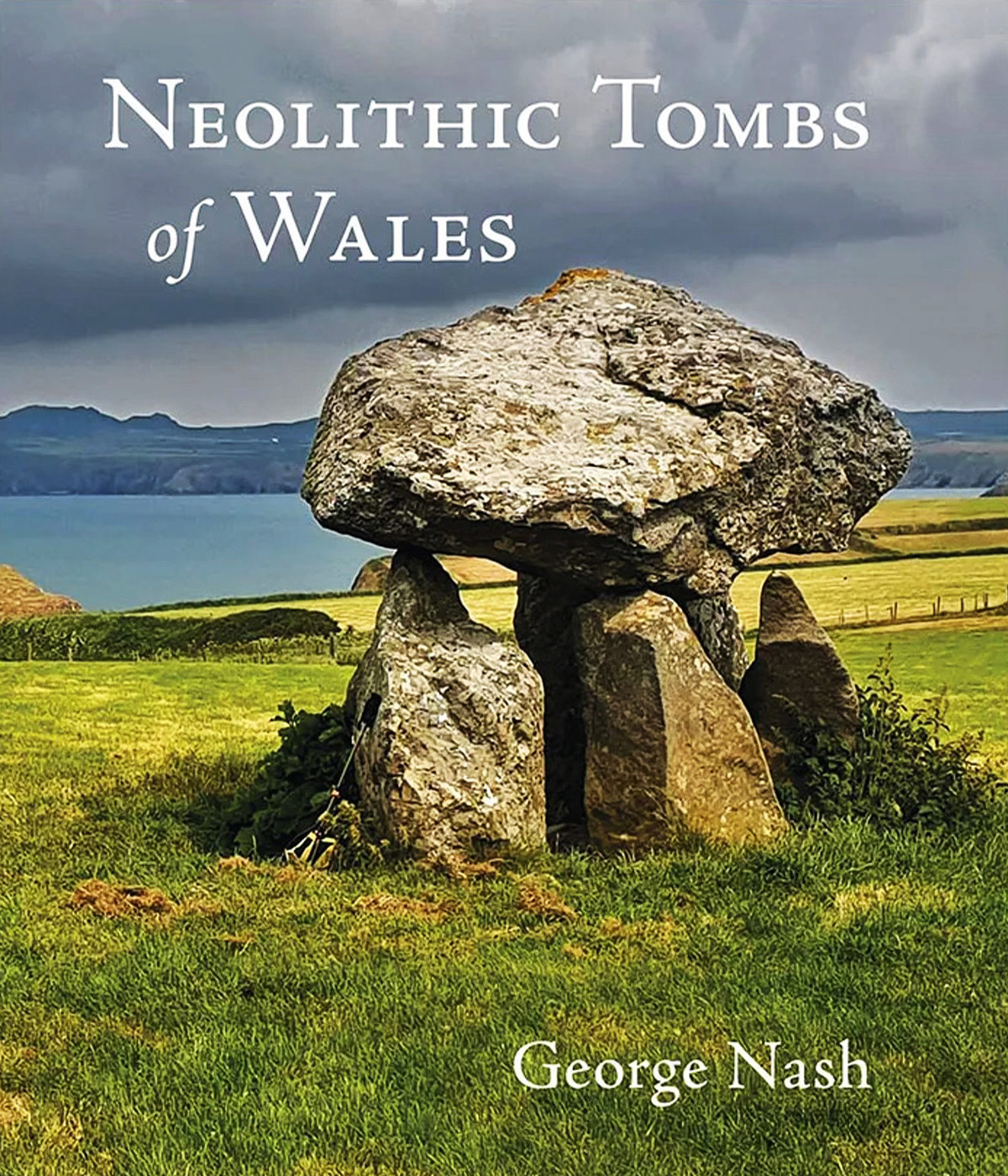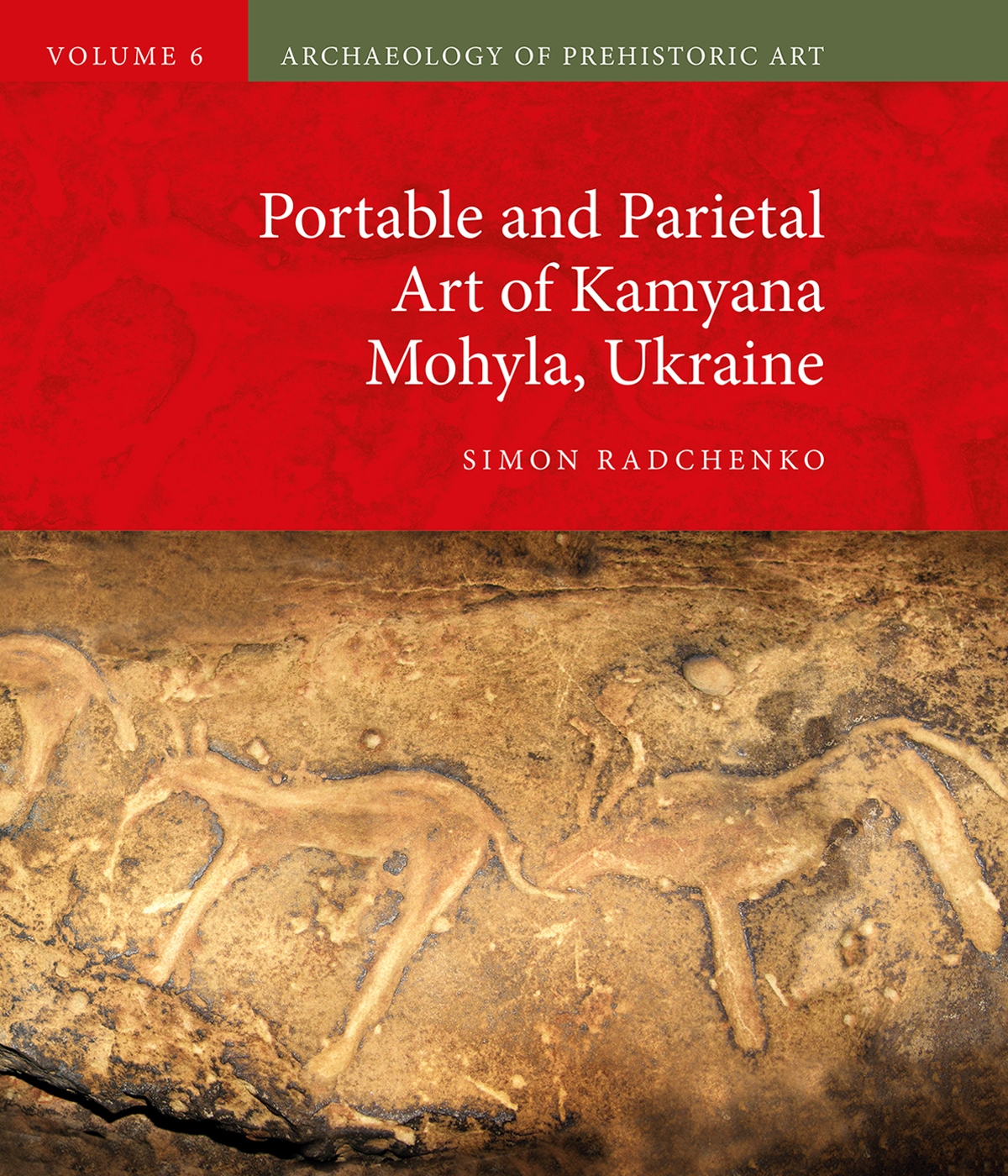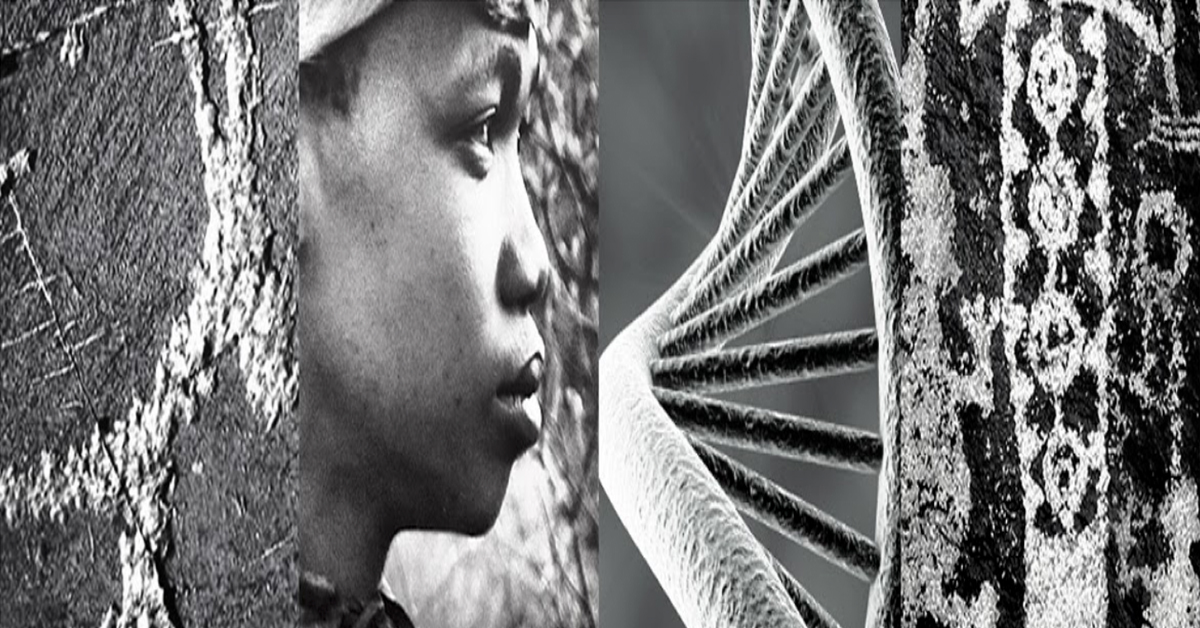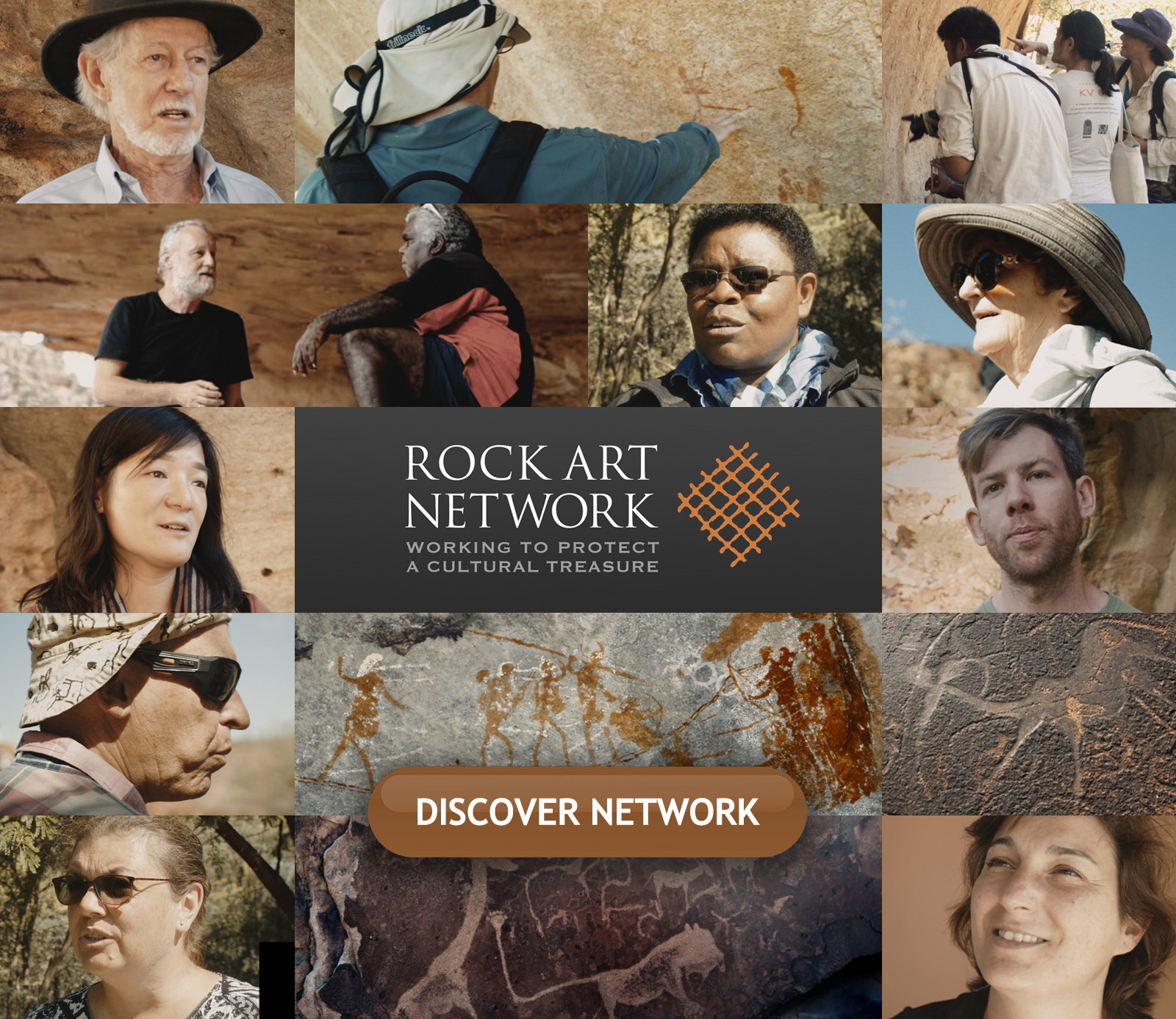


by Brian Fagan
How the Earliest Mariners Unlocked the Secrets of the Oceans
- Hardcover: 336 pages
- Publisher: Bloomsbury Publishing (2 Aug 2012)
- ISBN-10: 1408825066
- ISBN-13: 978-1408825068
Book Description:
We know the tales of Columbus and Captain Cook, yet much earlier mariners made equally bold and world-changing voyages. In Beyond the Blue Horizon, archaeologist and historian Brian Fagan tackles his richest topic yet: the enduring quest to master the oceans, the planet's most mysterious terrain. From the moment when ancient Polynesians first dared to sail beyond the horizon, Fagan vividly explains how our mastery of the oceans changed the course of human history. What drove humans to risk their lives on open water? How did early sailors unlock the secrets of winds, tides, and the stars they steered by? What were the earliest ocean crossings like? With compelling detail, Fagan reveals how seafaring evolved so that the forbidding realms of the sea gods were transformed from barriers into a nexus of commerce and cultural exchange. From bamboo rafts in the Java Sea to triremes in the Aegean, from Norse longboats in the North Atlantic to sealskin kayaks in Alaska, Fagan crafts a captivating narrative of humanity's urge to challenge the unknown and seek out distant shores.
Bradshaw Foundation review:
Brian Fagan clearly has a love and knowledge of sailing, and therefore as an author, he is qualified to speculate what the early sailors thought about marine exploration. When this empathy is mixed with academic and scientific research, we are presented with a convincing and compelling publication concerning the ways and means of the ancient mariners, who have, after all, been instrumental in the cultural, economic and political development of humankind.
So given the enormity of this task and the eclectic nature of his subject, Fagan from the outset invites the reader to navigate the book as a sailor would navigate the sea; individual choice according to one’s interests and skills.
Whilst the book covers the salient marine cultures and adventures of the Aegean Sea, the Mediterranean, the Indian, Atlantic and Pacific Oceans, it is the earliest sailing and navigation of the Southeast Asian waters from at least 50,000 years ago that I found most intriguing. This seems the right place to begin ‘our’ story; what compelled people to leave familiar shores and venture into the vast, open ocean? Indeed, how did they ‘decode’ the ocean? The colonisation of the South Pacific under sail was an extraordinary feat. It was one thing to seek unseen shores denoted by the distant dark smoke of natural fires, but to sail into the unknown was another. Fagan explains this with an explanation of sophisticated marine technology and navigation as well as an understanding of the myths and conceptions that allowed it to take place. He plays down the wanderlust and the ‘explore gene’ and places greater emphasis on the social motivation of ‘privileged lineage’ and the founding of ‘descent lines firmly anchored in new lands’. In so doing, this concept heralded a cultural innovation: ‘for the first time anywhere, people shifted food resources instead of moving to them’. The daunting loneliness of an island complex within a vast ocean was comprehended by an entirely practical and social device known as the 'Kula Ring'. In other words, the vast reaches of an aquatic expanse were coded and mapped into a collective prehistoric perception.
Beyond the Blue Horizon describes the mastery of the ocean’s secrets, yet warns us not to ignore its dangers, or undervalue its mysteries. This at a time when our responsibility for the oceans is becoming increasingly important: the life in the sea and the growing islands of floating plastic will require new forms of management – not just mastery.
Brian Fagan:
Dr. Brian M. Fagan is Professor Emeritus of Archaeology at the University of California, Santa Barbara. Born in England, Dr. Fagan earned his B.A., M.A., and Ph.D. in Archaeology and Anthropology from Pembroke College, Cambridge University.
Professor Fagan’s excavations in Northern Rhodesia (now Zambia) from 1959 to 1965 earned him recognition as a pioneer of multidisciplinary African history. He has served as Director of the Bantu Studies Project of the British Institute for Eastern Africa, Visiting Associate Professor at the University of Illinois at Urbana, and Visiting Professor at Whittier College and the University of Cape Town, South Africa.
Professor Fagan is the recipient of a Distinguished Teaching Award from the University of California, Santa Barbara. His other awards include the Public Service Award of the Society of Professional Archaeologists and the Public Education Award of the Society for American Archaeology. He was a Guggenheim Fellow in 1973.
Dr. Fagan’s many books include People of the Earth and In the Beginning, two widely used university and college textbooks in archaeology and prehistory. His other works include The Rape of the Nile, The Adventure of Archaeology, and The Little Ice Age. He also edited The Oxford Companion to Archaeology.
by Kate Winter
13 November 2025 Book Review Archive
→ Neolithic Tombs of Wales
by George Nash
19 November 2024
by Simon Radchenko
22 May 2024
by Meenakshi Dubey-Pathak and Jean Clottes
10 November 2023
by Paola Demattè
12 January 2023
by Paul Pettitt
10 November 2022
by George Nash
19 November 2024
by Simon Radchenko
22 May 2024
by Meenakshi Dubey-Pathak and Jean Clottes
10 November 2023
by Paola Demattè
12 January 2023
by Paul Pettitt
10 November 2022
Friend of the Foundation
by George Nash
19 November 2024
by Simon Radchenko
22 May 2024
by Meenakshi Dubey-Pathak and Jean Clottes
10 November 2023
by Paola Demattè
12 January 2023
by Paul Pettitt
10 November 2022














